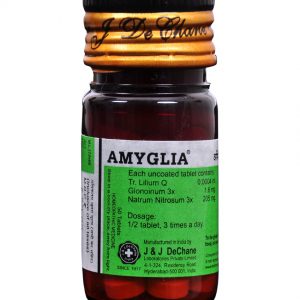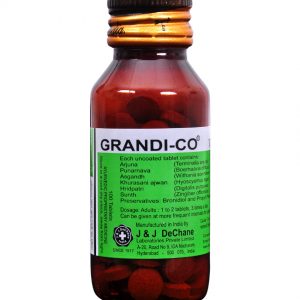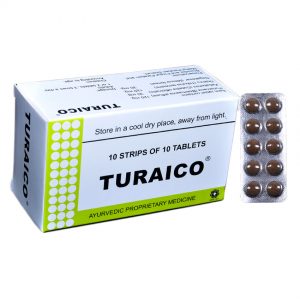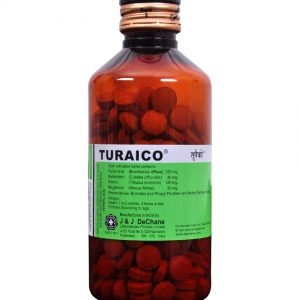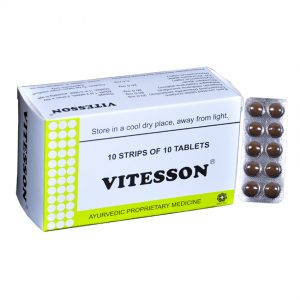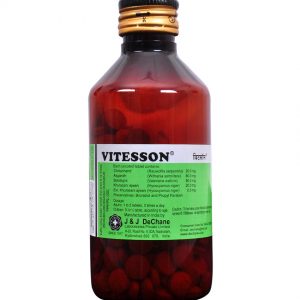[vc_row][vc_column preset=”mpc_preset_91″ content_preset=”_mpc_preset_91″][vc_row_inner disable_element=”yes”][vc_column_inner][vc_custom_heading text=”Decil, Chesol, & Remorin” font_container=”tag:h2|font_size:24|text_align:left” use_theme_fonts=”yes” css=”.vc_custom_1562605416965{margin-bottom: 10px !important;}”][/vc_column_inner][vc_column_inner width=”1/3″ css=”.vc_custom_1450268258000{padding-right: 0px !important;}” offset=”vc_col-xs-4″][mpc_divider align=”left” content_padding_divider=”true” content_padding_css=”padding-right:10px;” lines_color=”#7354c9″ lines_weight=”2″][/vc_column_inner][vc_column_inner width=”2/3″ css=”.vc_custom_1450268248540{padding-left: 0px !important;}” offset=”vc_col-xs-8″][mpc_divider align=”left” content_padding_divider=”true” content_padding_css=”padding-right:10px;” lines_color=”#eeeeee” lines_weight=”2″][/vc_column_inner][/vc_row_inner][vc_empty_space height=”45px”][vc_row_inner disable_element=”yes”][vc_column_inner width=”1/2″][vc_column_text]An embrocation for muscular aches and pains, chest colds, and bronchitis. A combination of ayurvedic drugs for Rheumatoid Arthritis and Osteoarthritis. Combination of two well known analgesics and antipyretics.
Pharmacology:
Gumchi is used in inflammation and pains.
Bach is used in chronic rheumatism and as counter irritant.
Sunth is used as local stimulant and rubefacient.
Jamal gota is used in bronchitis, rheumatism and painful affections of joints and limbs.
Ajwan is used in inflammations.
Capsicum is a powerful local irritant and rubefacient.
Elva is applied in painful inflammations and ulcers.
Clove oil is an antiseptic local irritant and rubefacient.
Reduces inflammation of joints; relieves pain; controls muscular spasm; slows down fatty degenerative changes. The Guggul constituent of REMORIN also offers hypolipidaemic / Hypocholesteraemic activity.[/vc_column_text][/vc_column_inner][vc_column_inner width=”1/2″][vc_gallery interval=”3″ images=”1879,1881,1728,1804,1806″ img_size=”large”][/vc_column_inner][/vc_row_inner][vc_empty_space height=”10px”][mpc_accordion preset=”mpc_preset_5″ auto_close=”true” auto_indent=”true” opened=”1″ title_font_preset=”mpc_preset_17″ title_font_color=”#666677″ title_font_size=”14″ title_font_transform=”uppercase” title_font_align=”left” title_margin_divider=”true” title_margin_css=”margin-bottom:15px;” hover_title_color=”#7354c9″ content_font_color=”#666677″ content_font_size=”15″ content_font_line_height=”1.6″ content_padding_divider=”true” content_padding_css=”padding-bottom:20px;” mpc_icon__icon=”eti eti_arrow_triangle-right” mpc_icon__icon_color=”#666666″ mpc_icon__icon_size=”20″ mpc_icon__padding_divider=”true” mpc_icon__padding_css=”padding-right:15px;” mpc_icon__hover_icon=”eti eti_arrow_triangle-down” mpc_icon__hover_icon_color=”#7354c9″][mpc_accordion_tab title=”Description”][vc_column_text]High blood pressure (HBP) is a condition, wherein the force of blood pushing against the walls of the arteries, as the heart pumps out blood, is more than the normal range. Commonly known as hypertension. High blood pressure can be classified into two types – essential or primary hypertension, of which no specific medical cause is explained, and secondary hypertension, which is the result of another medical problem (such as kidney disease or tumors). There are numerous reasons that lead to high blood pressure in a person.
Causes Of High Blood Pressure
Taking too much stress , Faulty style of living, Excessive smoking, Excessive intake of intoxicants, tea, coffee, Eating refined foods in excess, Hardening of the arteries, Obesity, Diabetes, Excessive intake of common salt, High fat diet, Low fiber diet, Genetic factors, Kidney abnormalities, Tumors of the adrenal gland, Certain congenital heart defects, Certain medications, such as birth control pills, cold remedies, decongestants, over-the-counter pain relievers, etc, Illegal drugs, such as cocaine and amphetamines, High intake of sodium, Hormonal changes in women, Pregnancy, Thyroid dysfunction, Lack of exercise.
[/vc_column_text][/mpc_accordion_tab][mpc_accordion_tab title=”Symptoms”][vc_column_text]Dizziness or dizzy spells, Headache, Nosebleeds, Pain at the back of head and neck, Palpitations, Pain in the heart region, Frequent urination, Nervous tension, Fatigue, Difficulty in breathing, Weakness, Shortness of Breath, Tinnitus, Confusion, Abnormal heart rhythms.[/vc_column_text][/mpc_accordion_tab][mpc_accordion_tab title=”Special Notes”][vc_column_text][/vc_column_text][/mpc_accordion_tab][/mpc_accordion][vc_empty_space height=”45px”][/vc_column][/vc_row][vc_row][vc_column]



